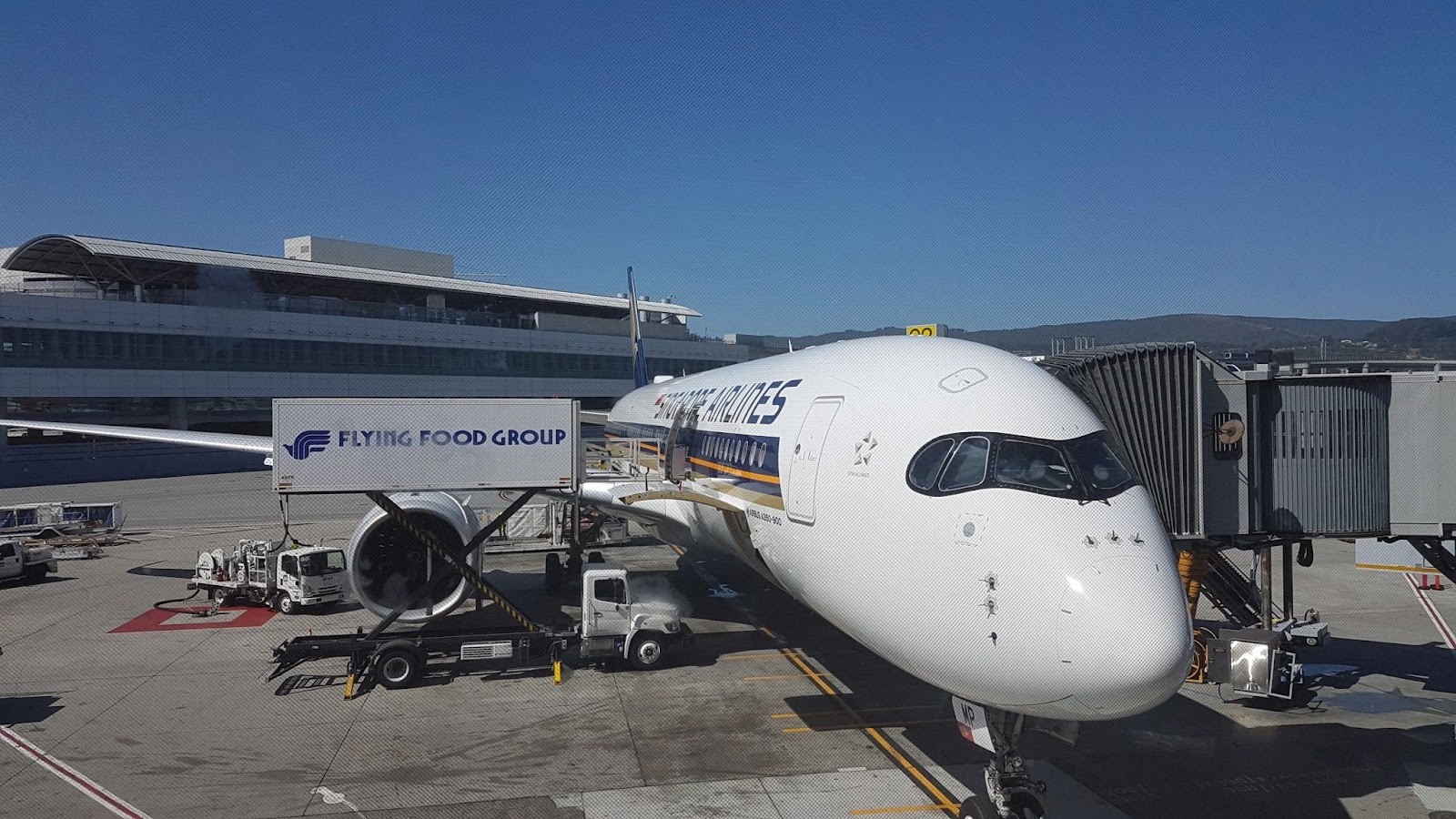Whenever a senior executive is scheduled to talk to a journalist, there’s typically a certain amount of planning about purpose, key messages to remember, and topics to be covered (as well as maybe topics to avoid).
But there is usually not much thought given to what the journalist wants and expects. Now, new research from Europe provides insight into what journalists really want when they talk to a company or organisation’s spokesperson.
A media interview is not a throw-away conversation with a friend. It’s an opportunity to speak on behalf of the organization as part of planned reputation management. It’s just as important as any public speech or presentation, and probably more important, given the potential size of the audience.
However, it is a common misunderstanding that in a media interview, the journalist is primarily just a channel to that bigger audience. The journalist is in fact a key element in your audience and he or she needs to be part of the same sort of audience research you would do for a major speech.
It’s a given that you need to know
• who the reporter is
• what they have written about your organization in the past
• what is their specialty area of interest
• what will they already know about the subject to be discussed
• what you think is the most difficult question they could ask
But this new research gives us a fresh perspective on what they really want from the interview, and what you had better be ready to provide as part of the broader corporate communication strategy.
The Public Relations Global Network partner agencies conducted a survey last year* which involved 165 economic journalists in a total of 14 European countries.
They found:
• The top research sources are annual reports (64%), press releases and past media coverage, with social media ranked only 10th
• The preferred locations for interviews are in the company’s office (67%), well ahead of in restaurants or on the telephone
• Journalists’ key expectations of spokespeople are outstanding knowledge of the company and market (92%) as well as personality and track record
• The top interview turns off are arrogant behaviour (75%), closely followed by not answering critical questions and talking in platitudes.
Maybe none of this will come as a surprise, but it is a powerful reminder of the media interview skills top executives need to be properly prepared as well as undertake media training. Executives who know how important it is to plan and practice for a major speech often fail to give the same attention to an interview.
Sadly, the resulting gaffes and slip-ups can go on to become the boardroom legends of what not to say.
*The full study report can be seen here.
Do you feel that your executives may not be leveraging opportunities and representing your organisation in the best possible way during an interview? Would you like to know how to use a media interview to positively influence public perception of your firm? Media Manoeuvres are experts in Media Spokesperson Training, contact us to find out more!





